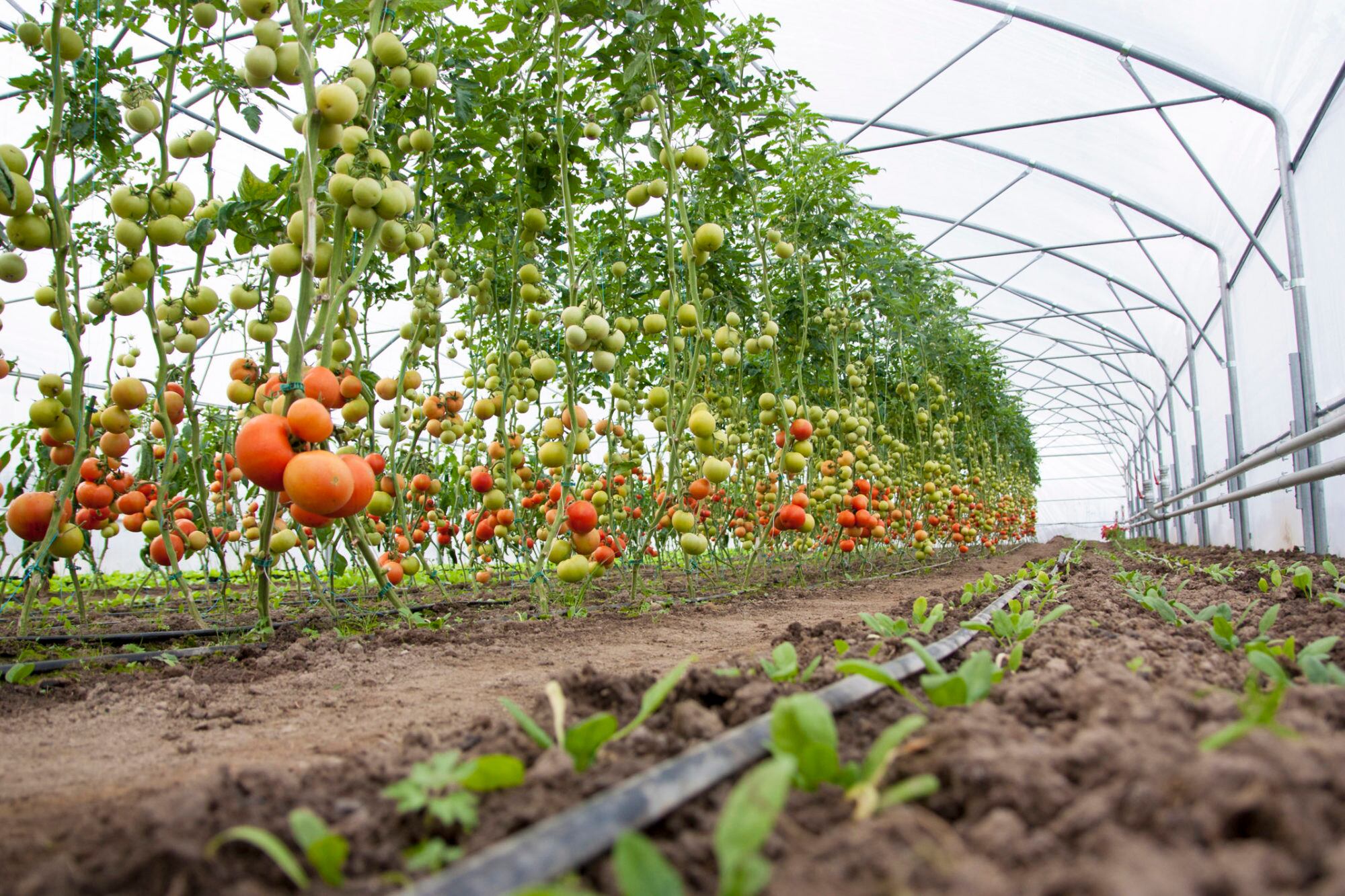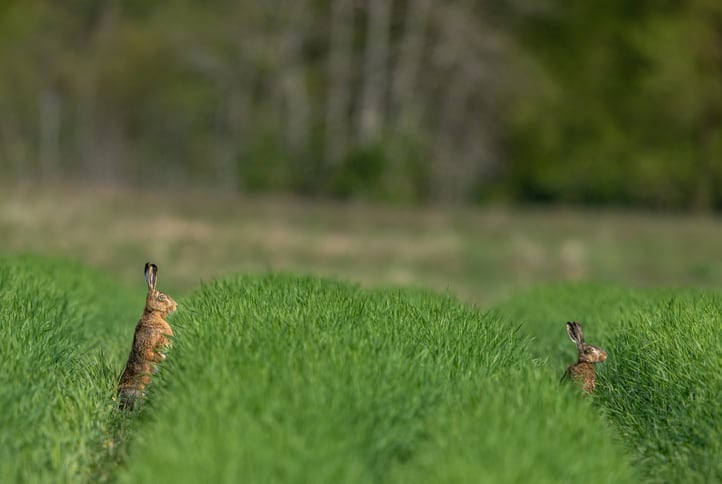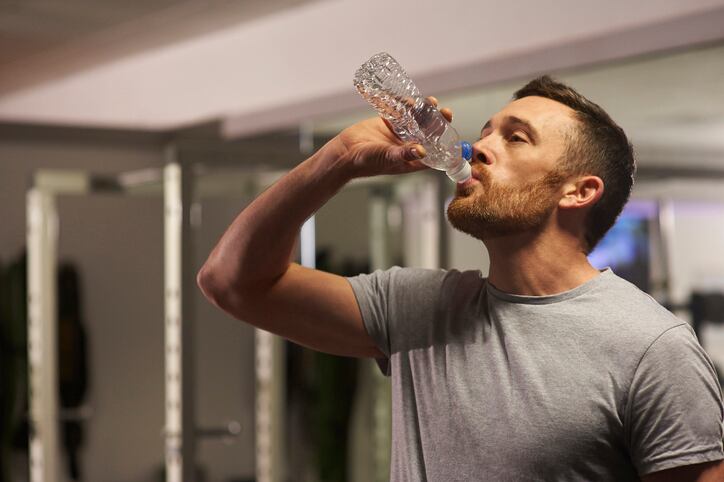Aquagrain has created an organic-based, biodegradable hydrogel made from food industry waste that retains 30 times more water, allowing crops to be grown in sandy soil and arid lands with a fraction of the water usually required.
The invention solves more than one problem, explained Aquagrain’s head of development Paul Smith.
First is a solution to the “ugly truth” which the meat, poultry, dairy and fish industries “don't like to discuss”: they produce millions of tonnes of organic waste annually and its incineration generates CO2. The Carbon Trust reports that a tonne of animal carcass waste or animal material incinerated generates 1.8 tonnes of CO2 emissions.
“A lot of it goes to landfill, which is more polluting as it produces methane which is 30 times more damaging to the atmosphere,” Smith said. “It's a massive problem and in Europe, we burn a lot of energy to turn that carcass waste into other things. But the rest of the world just dumps it, producing thousands of tonnes of organic waste, which they send to landfills. We can stop this carbon from going back into the atmosphere and exacerbating climate change by putting it back into the land in a way that will help plants grow.”
Second is an ability to improve water retention in soil – significant as the agri-food industry eyes potential solutions to the problems associated with agriculture such as ecosystem degradation and water use. “Most of the product is a biodegradable, insoluble polymer, 88% of it soaks up and releases 30 times its own volume in water consistently for about six months, which is good for the crops,” Smith said. “Then it biodegrades over the next six months providing nutrients.
“12% is soluble short-chain polymer and this rises to the surface of sandy soil by capillary action and will dry to form a crust. This has two benefits for farmers. Firstly, it helps reduce the transpiration of moisture from the soil. Secondly, it helps to prevent early crop damage due to wind as Aquagrain will put down sand movement by 99% in wind up to 30 miles an hour. This will be beneficial in the UAE and the Middle East, where sand movement is quite a problem.”
A further feather in Aquagrain’s bow is increased crop yields. It has so far achieved an 80% increase in yield on Spanish lettuce and a 60% increase in tomatoes in a horticultural setup, claimed Smith. “If you have free-draining soil and you mix it with Aquagrain, it is going to be more efficient no matter the irrigation system.”

Aquagrain was among the winners of the second edition of the global FoodTech Challenge, which seeks to find the next wave of technology innovations on the cusp of transforming traditional agriculture practices, efficiently and sustainably
The winners: Aquagrain, Orbisk, Revoltech, and Sustainable Planet, were selected from a pool of 12 finalists chosen from an initial 667 submissions from 79 countries. They will receive a combined prize of up to US $2 million to scale-up their business models.
On the back of the award, Aquagrain expects to establish a business in the United Arab Emirates and accelerate growth plans in the UK and Europe. “We have a project in Morocco which could, if the trials go well, lead us to put 60 million trees in the Sahara as a green belt,” Smith told us. “We are also involved in a project in the UK with a consortium of partners and are in the final stage of interviews for funding a three-year project looking at forestry issues in the UK.”
It also plans to grow tomatoes in polytunnels in Israel. “Crop production fell by 50% over the last five years simply because they mono-crop in their sandy soil,” according to Smith. “They don't crop rotate because tomatoes generate more revenue than any other crops. We're hoping that Aquagrain reverses that soil degradation for those tomato growers.”
He added: “We believe we've got a technology that has global application, and we'll deliver a global impact. I'm fairly confident that we will deliver measurable reductions in emissions from the food industry. Whilst at the same time improving food and water security for millions of people across the planet.”




